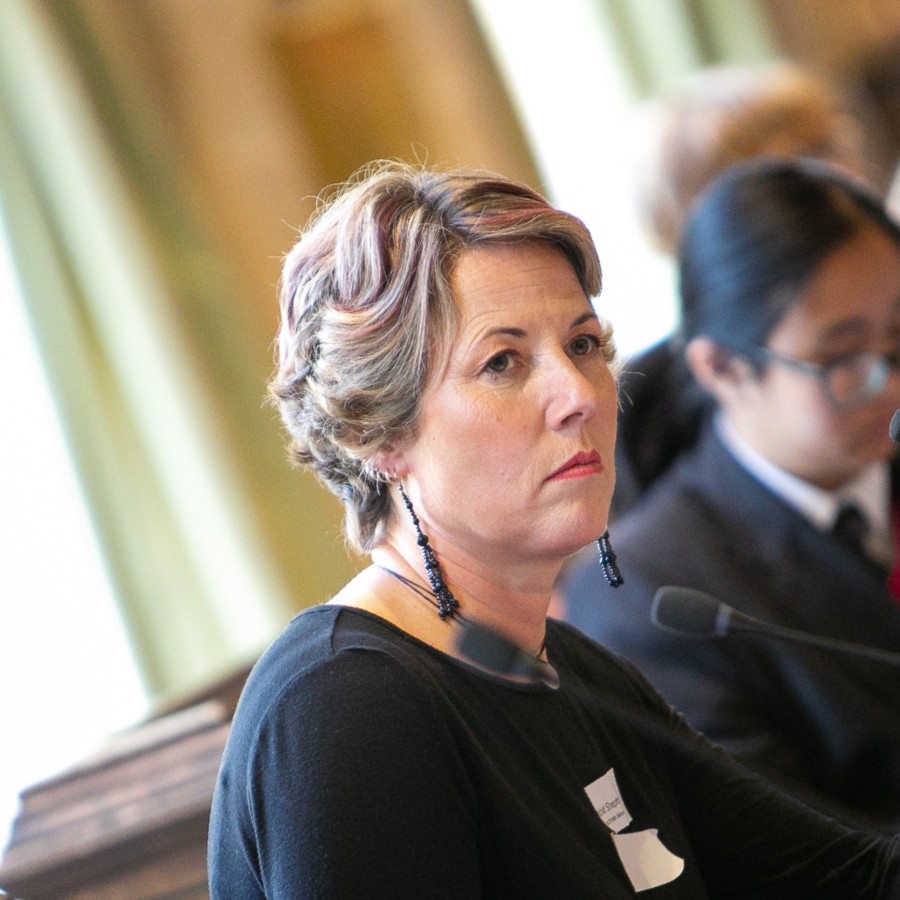 September 8, 2021
September 8, 2021

May Tatum explores the power of local youth alliances to motivate behaviour change on sustainability, and to build momentum towards societal action on climate change.
 August 26, 2021
August 26, 2021

St Mary Redcliffe and Temple School in Bristol is leading the way on climate action. Rachel Shepherd explores the journey the school has been on for the last two years.
 July 9, 2021
July 9, 2021

Fourteen schools from the Harris Federation in and around London came together for a morning of UN-style climate negotiations.
 June 29, 2021
June 29, 2021

Sarah Olney MP, Liberal Democrat spokesperson for energy and climate change, answers questions about the challenges faced in addressing climate change and whether young people are paying the price for the mistakes of older generations.
 June 8, 2021
June 8, 2021

Electric vehicles are on the rise. What’s driving this change and why can we be so confident that such a dominant industry and technology as the fossil fuel car is coming to an end?
 April 30, 2021
April 30, 2021

In this article the Secretary of the Board of InterClimate Network (ICN), Tamara Inkster-Draper, reflects on the recent Climate Summit hosted by President Biden and the role of youth leaders in driving action on climate change.
 April 26, 2021
April 26, 2021

The IEA-COP26 Net Zero Summit in March was a key moment ahead of the main COP26 event in November 2021. Here are five takeaways from the event.
 April 1, 2021
April 1, 2021

ICN's climate correspondent Isla Graves explores the underappreciated role of blue carbon ecosystems in the fight against climate change, why they are often overlooked, and the emerging array of initiatives to ensure their protection and revival.
 January 20, 2021
January 20, 2021

China has recently announced four important environmental targets, building on the promise made by President Xi in September 2020 to reach carbon neutrality by 2060. But are these pledges realistic and how will China be able to deliver them?
 December 16, 2020
December 16, 2020

The UK recently announced an ambitious new carbon emissions target. The country now aims to reduce annual carbon emissions by at least 68% by 2030 compared with 1990 levels, which represents a significant increase from the current target of a 57% reduction.
 September 8, 2021
September 8, 2021

















